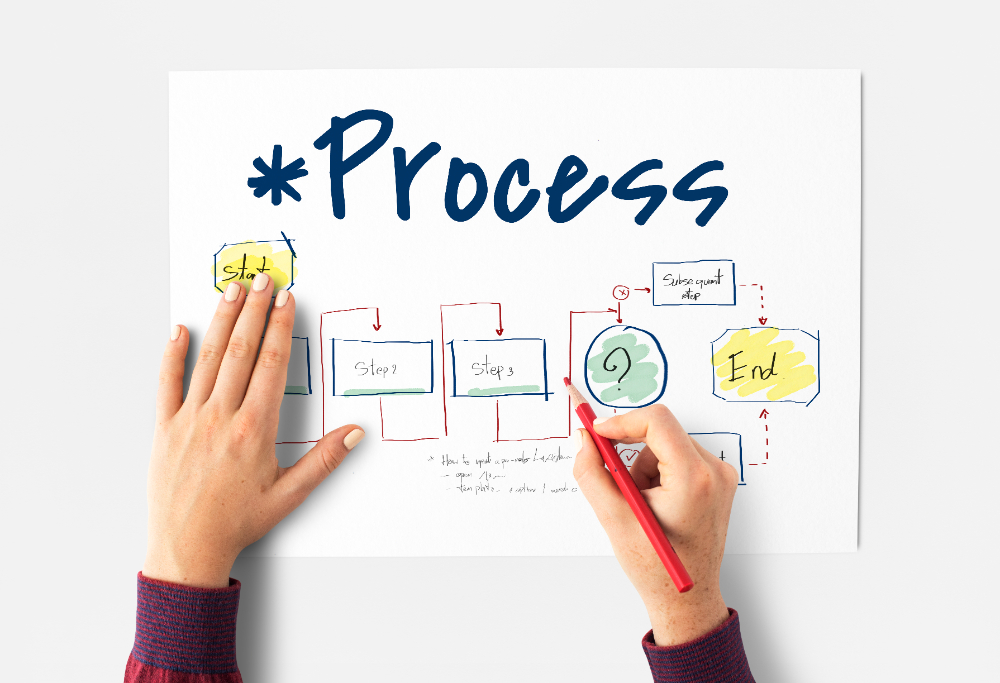Table of Contents
- The Impact of Educators' Well-being
- Identifying Stressors in Education
- Strategies for Educators' Well-being
- Embrace Self-care Practices:
- Cultivate Support Networks:
- Seek Professional Help:
- Leverage Digital Tools for Well-being:
- Implement Boundaries and Time Management Strategies:
- Empowering the Educational Community
- Final Thoughts
Teaching isn't just about delivering lessons; it's an intentional act of balancing academic rigor with emotional support. From juggling curriculum demands to navigating the complexities of student behavior, educators face a myriad of stressors every day.
The pressure cooker of modern education can take its toll, leading to mental and physical exhaustion that reverberates throughout the entire educational ecosystem.
By placing educators' mental health at the heart of education, we not only safeguard their well-being but also enhance the learning experience for students. Imagine a world where burnout is the exception, not the norm.
This article delves into the critical role of educators' well-being, offering insights, strategies, and a rallying cry for a healthier educational community. So, let's embark on this journey together, championing the mental health of those who shape the minds of tomorrow.
The Impact of Educators' Well-being
When it comes to the world of education, the well-being of educators is not merely a footnote but a cornerstone upon which the entire structure rests. Picture, if you will, the ripple effect: when educators thrive, so do their students.
Consider the personal realm first. The mental and physical health of educators directly influences their ability to face the challenges of their profession.
From managing classroom dynamics to adapting to ever-evolving pedagogical approaches, educators face a constant barrage of demands. Yet, without a solid foundation of well-being, these challenges can become overwhelming, leading to stress, anxiety, and even burnout.
Moreover, the impact extends beyond the individual to the very fabric of education itself. Educators play a pivotal role in shaping the learning environment, setting the tone for academic engagement and emotional support. When educators are well, they are better equipped to foster a positive classroom culture, where students feel valued, supported, and motivated to learn.
Furthermore, the professional performance of educators is intrinsically linked to their well-being. Research consistently demonstrates that educators who prioritize self-care are more effective in their roles, exhibiting higher levels of job satisfaction, productivity, and creativity.
Conversely, neglecting their well-being can lead to decreased performance, absenteeism, and turnover, ultimately undermining the quality of education provided to students.
Identifying Stressors in Education
Delving into the trenches of education, it becomes apparent that educators confront a myriad of stressors in their daily professional lives. These stressors, like hidden currents beneath the surface, can often go unnoticed but wield significant influence over the well-being of educators.
One prominent stressor is the relentless pressure of workload and time management. With mounting administrative tasks, grading responsibilities, and lesson planning, educators find themselves stretched thin, struggling to strike a balance between professional duties and personal time.
Emotional demands also loom large on the horizon, casting a shadow over the emotional well-being of educators. Compassion fatigue, a phenomenon characterized by emotional exhaustion and diminished empathy, can take root when educators expend emotional energy without adequate replenishment.
Indeed, student behavioral issues represent another significant source of stress in education. From disruptive behavior to academic underachievement, educators grapple with a diverse array of challenges within the classroom. The constant need to maintain order and discipline can weigh heavily on educators, testing their patience and resilience.
Yet, perhaps one of the most formidable stressors is the struggle to achieve a harmonious balance between personal and professional life. The demands of the profession often spill over into the realm of personal time, blurring the boundaries between work and leisure.
Strategies for Educators' Well-being
Embrace Self-care Practices:
Educators must prioritize their well-being by incorporating self-care practices into their daily routines. This includes mindfulness exercises to cultivate present-moment awareness, regular physical activity to relieve stress and boost mood, and maintaining a balanced diet to nourish both body and mind.
Cultivate Support Networks:
Building strong support networks is essential for educators to navigate the challenges of their profession. This includes fostering connections with colleagues through peer support groups and mentorship programs, where educators can share experiences, seek advice, and offer mutual encouragement.
Additionally, reaching out to friends, family members, and trusted confidants outside of the education sphere can provide valuable emotional support and perspective.
Seek Professional Help:
It's important for educators to recognize when they need additional support and to seek professional help when necessary. This may involve accessing counseling or therapy services to address mental health concerns, such as stress, anxiety, or depression.
Many educational institutions offer employee assistance programs that provide confidential counseling services to support educators in managing personal and professional challenges.
Leverage Digital Tools for Well-being:
In an increasingly digital world, educators can harness the power of technology to support their well-being and prevent burnout. Digital tools such as mindfulness apps, meditation guides, and relaxation podcasts can provide convenient and accessible resources for stress management and relaxation.
Similarly, productivity apps and time management tools can help educators streamline their workload and enhance efficiency, reducing feelings of overwhelm and burnout.
Implement Boundaries and Time Management Strategies:
Establishing clear boundaries between work and personal life is crucial for maintaining well-being. Educators can set specific times for work-related tasks and designate periods for rest, relaxation, and leisure activities.
Additionally, implementing time management strategies, such as prioritizing tasks, setting realistic goals, and delegating responsibilities when possible, can help educators manage their workload more effectively and prevent burnout.
Empowering the Educational Community
A. Students: Promoting Respectful Interactions and Supportive Environments
Encouraging students to cultivate empathy, kindness, and respect for their educators fosters a positive learning environment. By promoting inclusive practices and teaching conflict resolution skills, students can contribute to a supportive classroom atmosphere conducive to educators' well-being.
B. Teachers: Advocating for Work-Life Balance and Stress Management Resources
Educators must advocate for policies and practices that prioritize work-life balance and provide access to stress management resources. This includes advocating for reasonable workloads, flexible scheduling options, and professional development opportunities focused on self-care and resilience-building.
C. Parents: Partnering in Creating Healthy Learning Environments
Parents play a crucial role in supporting educators' well-being by fostering open communication, collaboration, and mutual respect. By partnering with educators to create healthy learning environments both at home and in the classroom, parents contribute to the overall well-being of the educational community.
D. Administrators: Fostering a Culture of Care and Recognition
School administrators have a responsibility to foster a culture of care and recognition within educational institutions. This involves implementing policies and practices that prioritize educator well-being, such as providing adequate resources for professional development, recognizing and celebrating educator achievements, and promoting a supportive work environment.
E. Educational Developers and Entrepreneurs: Designing Tools with Well-being in Mind
Developers of educational tools and resources have an opportunity to prioritize well-being in their designs. By incorporating features that support stress management, time efficiency, and work-life balance, developers can empower educators to thrive in their roles and enhance the overall educational experience.
Final Thoughts
From self-care practices to systemic changes, each stakeholder in the educational community has a role to play in creating a culture of care and support.
As we look ahead to the future of education, let us heed the lessons learned and commit ourselves to championing the mental health of those who dedicate their lives to shaping the minds of tomorrow.
Together, we can create a brighter, more resilient educational community where educators thrive, students flourish, and the pursuit of knowledge knows no bounds.

































Comments are closed.